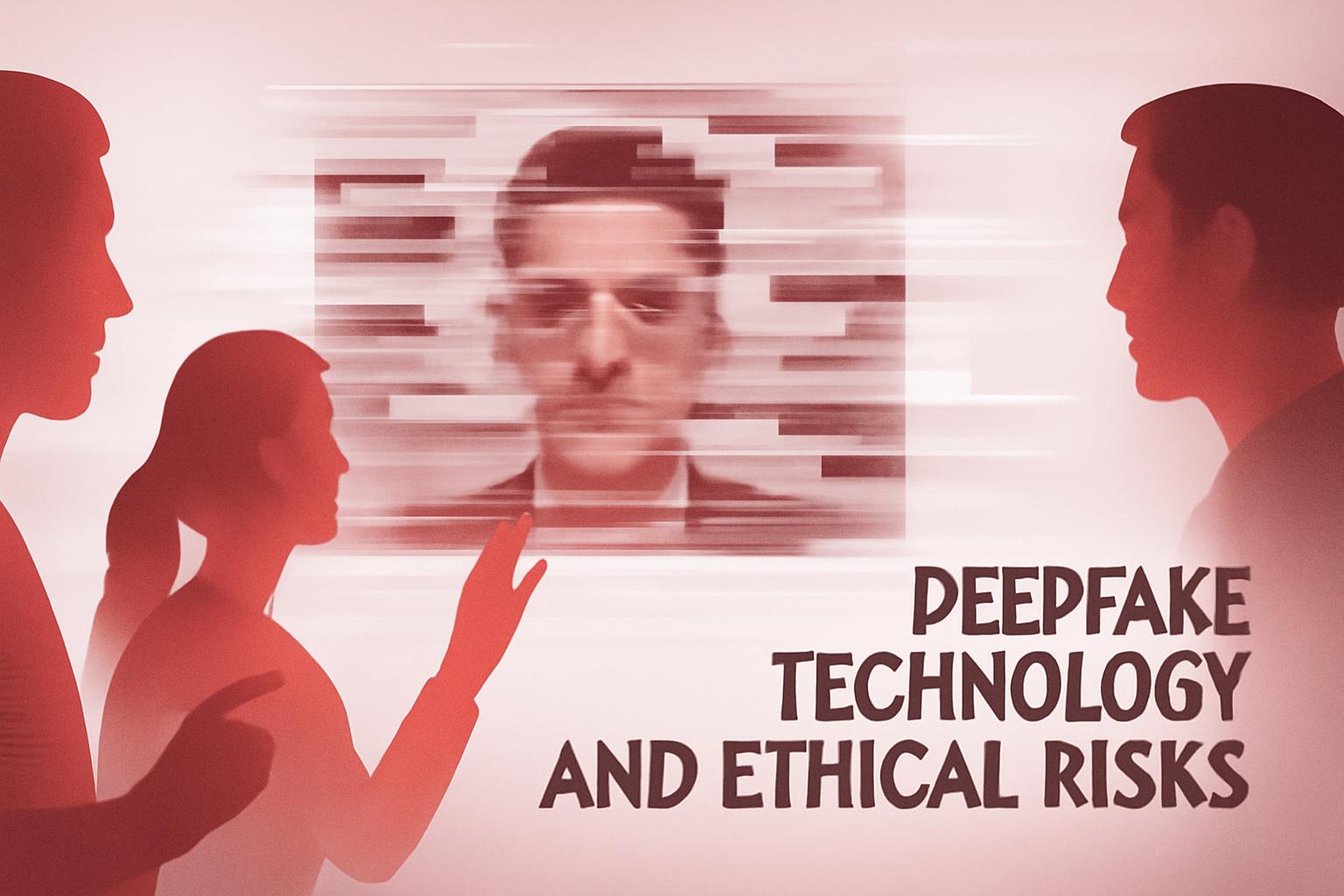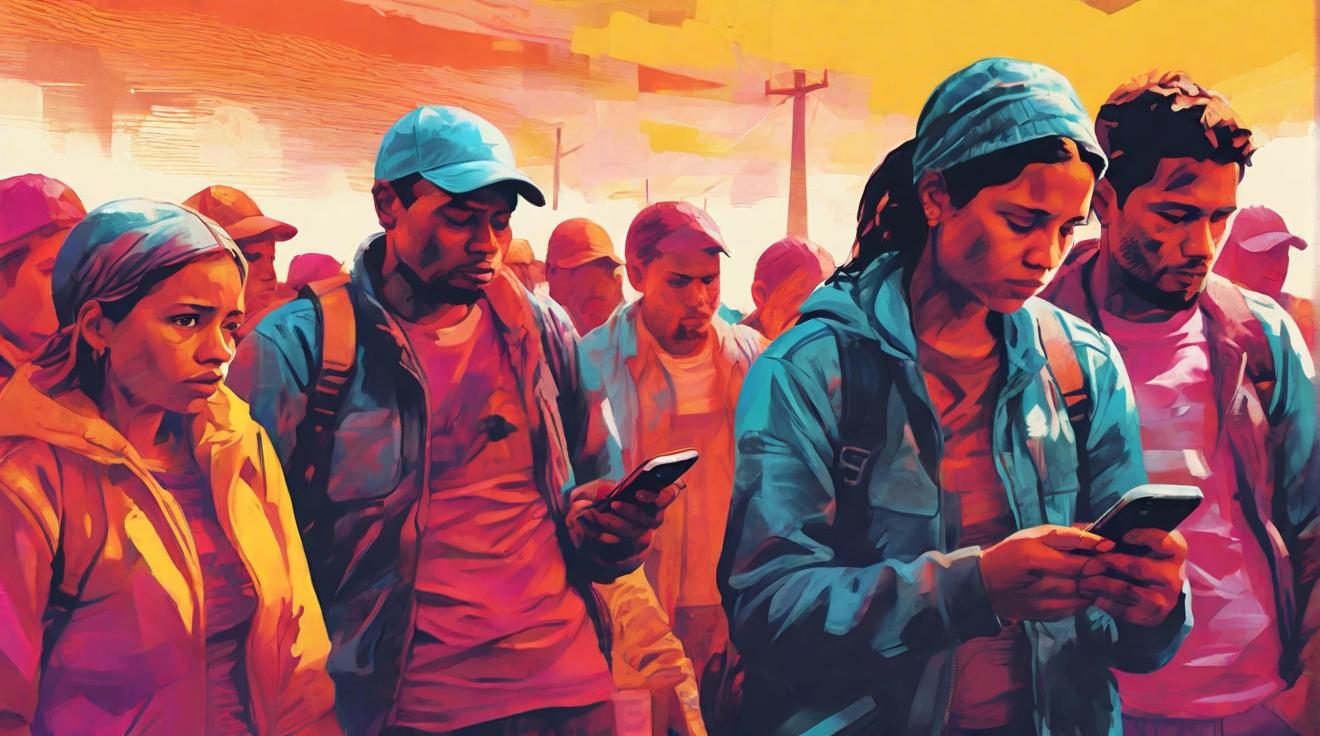OpenAI’s Sora App Launches Amid Deepfake Controversy
OpenAI has released Sora, a new social media app resembling TikTok but powered by advanced AI-generated video technology. Within hours of its invite-only early access launch, the platform became saturated with hyper-realistic deepfake videos, prominently featuring OpenAI CEO Sam Altman in various surreal and often unsettling scenarios. The app’s feed includes disturbing scenes such as Altman addressing a factory farm of pigs equipped with smartphones, or interacting with copyrighted characters like Pikachu and SpongeBob in humorous yet legally ambiguous contexts.
Deepfake Content and Copyright Challenges
Sora’s approach to copyrighted content is notably controversial. Unlike traditional platforms that require creators to opt in for use of their content, Sora operates on an opt-out basis, compelling copyright holders to actively restrict their material from being used. This reversal has sparked debate over the app’s legality and ethical implications. Users revel in pushing boundaries, creating videos where Altman humorously acknowledges potential copyright violations before bursting into laughter, highlighting the app’s lax guardrails.
Biometric ‘Cameos’ and User Control
A defining feature of Sora is the ability for users to generate personalized deepfake videos through ‘cameos’ created by uploading biometric data. New users are prompted to record themselves performing specific actions to establish their digital likeness. Users can control who may use their cameo for video generation, selecting from options such as “only me,” “people I approve,” “mutuals,” or “everyone.” Notably, CEO Sam Altman has made his cameo publicly available, resulting in an influx of videos featuring his likeness in various fictional and comedic situations.
Safety Concerns and Ethical Questions
The realism of Sora’s AI-generated videos, enhanced by fine-tuned physics simulation, amplifies concerns about misuse. Experts warn these deepfakes could facilitate disinformation, harassment, and mental health issues. OpenAI emphasizes safety features such as parental controls and cameo usage permissions. However, critics argue that providing a user-friendly deepfake generator inherently carries risks, especially given the app’s early evidence of users circumventing restrictions. The app currently restricts unauthorized videos of living individuals but maintains looser policies regarding deceased historical figures, raising concerns about potential political manipulation and misinformation.
User Experience: A Cautious Experiment
Journalistic experimentation with Sora revealed challenges in creating a personal cameo due to content guidelines, which aim to prevent inappropriate uploads. Despite initial hurdles, successful creation enabled generation of AI videos tailored by location data and usage history, demonstrating the app’s personalization capabilities. However, such personalization also raises privacy concerns, as biometric and behavioral data are leveraged to produce convincing deepfakes.
Sora’s launch illustrates a pivotal moment in AI-driven social platforms, where the boundary between entertainment and ethical responsibility blurs. With deepfake technology becoming accessible to the masses, the potential for misuse intensifies. Political deepfakes, already weaponized by public figures, could become widespread, complicating efforts to combat misinformation. The platform’s rapid adoption and the viral nature of its content underscore the urgency for robust safeguards.
FinOracleAI — Market View
OpenAI’s Sora app represents a significant technological advancement in AI-generated video content, combining user-friendly interfaces with sophisticated deepfake capabilities. While the app’s innovation could redefine social media engagement, it simultaneously raises critical concerns about copyright, privacy, and safety.
- Opportunities: Enhanced user engagement through personalized AI content; pioneering AI social media innovation; potential for creative expression and new entertainment formats.
- Risks: Escalation of disinformation and deepfake misuse; legal challenges over copyright and likeness rights; privacy vulnerabilities from biometric data use; mental health impacts from exposure to manipulated content.
Impact: The launch of Sora is a double-edged sword — it pushes AI social media boundaries but demands urgent development of ethical frameworks and regulatory oversight to mitigate misuse risks.













